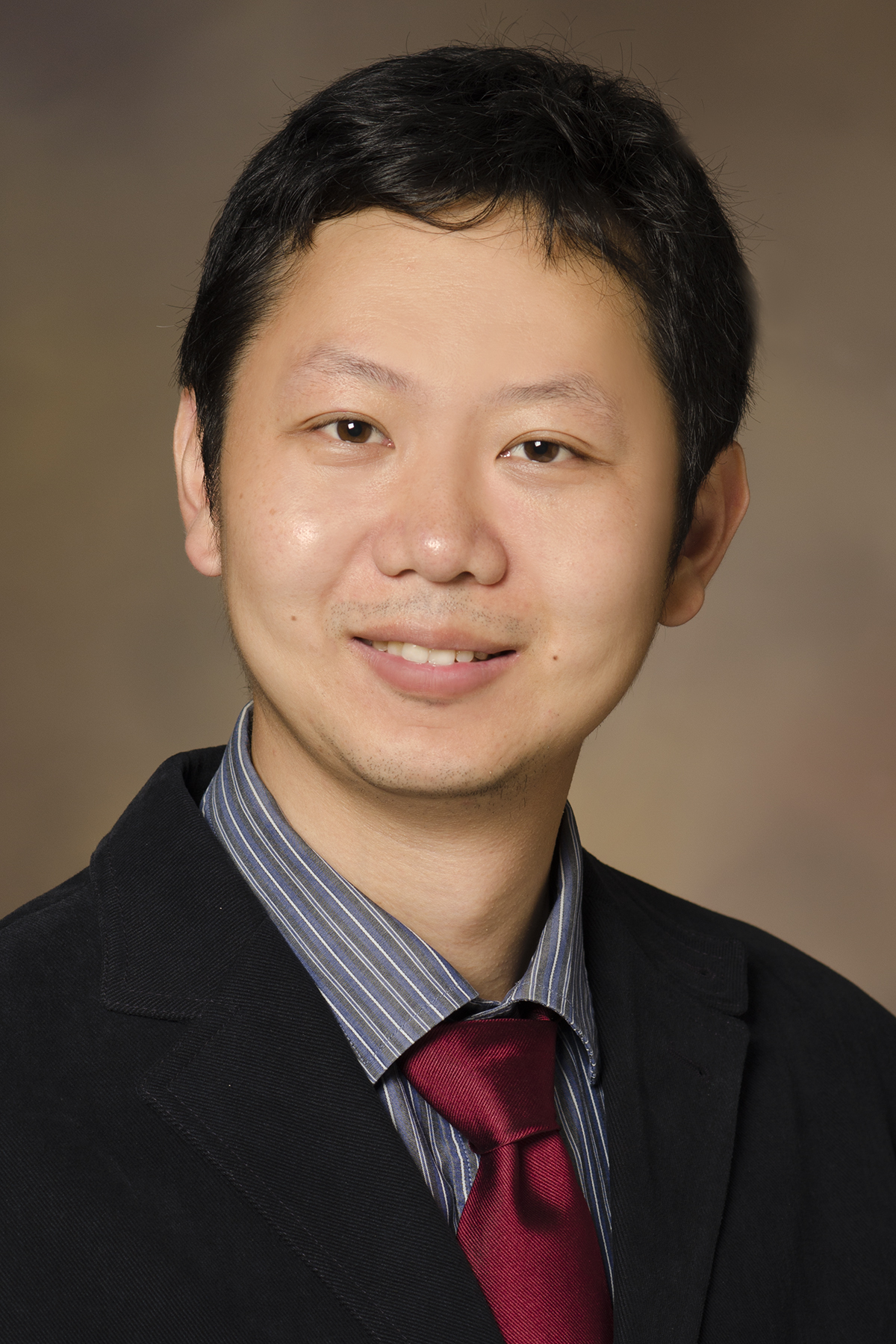Siyang Cao
 |
Siyang Cao |
I am an associate professor in the Department of Electrical and Computer Engineering at The University of Arizona. I have been a part of UoArizona since the fall of 2015.
I completed my Ph.D. in Electrical and Computer Engineering from The Ohio State University in 2014, where I was fortunate to work with Professor Yuan F. Zheng. I received a M.S. in Electrical Engineering from South China University of Technology in 2010, and a B.Eng. in Electronic Information Engineering from Xidian University in 2007. I worked at Delphi Electronics & Safety in 2014, and interned at Intel in 2009.
My research is motived by the fast development of radar technology. I am interested in radar signal processing, sensor fusion, radar imaging, electronically scanned radar system and machine learning with an emphasis on sensors.
(New) Participants wanted for ECE research study
ECE researchers are building and evaluating a WARE-care system to detect falling and estimate the fall risks of people. The researchers are interested in developing a novel system to overcome: 1) the availability of nursing staff due to the pandemic, high acquisition, staffing costs, and gaps in minute-to-minute medical attention; 2) the inability of vision-based sensors to work well during occlusion or poor illumination at night; and 3) privacy concerns that discourage the use of vision-based sensors. The WARE-care system uses a “non-contact sensing device” that bounces low levels of invisible waves off the subject to sense their position and movement information. The waves are in the millimeter wavelength range, which is exactly the same provided by Texas Instruments to measure heart rate in humans and has been shown not to be harmful.
Participants will perform activities in 4 mocked-up scenes: dining room, living room, bedroom, and bathroom. Activities of daily living will be performed in each of these scenes, as well as falling into a protected mattress in multiple tests with or without a canewalkerwheelchair. Participants will be asked to wear sensors on their legs and waist. Some behaviors may be unavailable to elders with fall risks (or some people are reluctant to do certain activities). Participants will also complete questionnaires for cognition and comorbidity. Each session will take about three hours. While there will be no direct benefit to participants in this study, our results may help to identify behavior close to falls and find people with fall risks.
(This phase of the study will recruit up to 100 participants. Compensation will be provided at a rate of $20/hour.) The study will be performed at the PI’s UArizona ECE lab or the SensorLab near the Health Sciences Library Building. (Contact ENGR-Warecare@arizona.edu if you are interested in participating.)
An Institutional Review Board responsible for human subjects’ research at The University of Arizona reviewed this research project and found it to be acceptable, according to applicable state and federal regulations and University policies designed to protect the rights and welfare of participants in research.
Fall 2023
I am teaching ECE 538: Radar Signal Processing, 5:00pm-6:15pm(T, Th). My office hour is 2:00pm-3:00pm(T, Th) at ECE 356D.
Openings
I am looking for highly-motivated Ph.D. students and visiting scholars to join our research group. Prior research experience on radar imaging, interference mitigation, sensor fusion technique and related field are desirable. Please send me an email along with your CV if you are interested. However, I apologize in advance that I am not able to reply to all inquiries.
Contact
1230 E Speedway Blvd,
Tucson, Arizona
Office: ECE-356D
Phone: +1 520-621-4521
E-mail: caos AT email DOT arizona DOT edu
 |